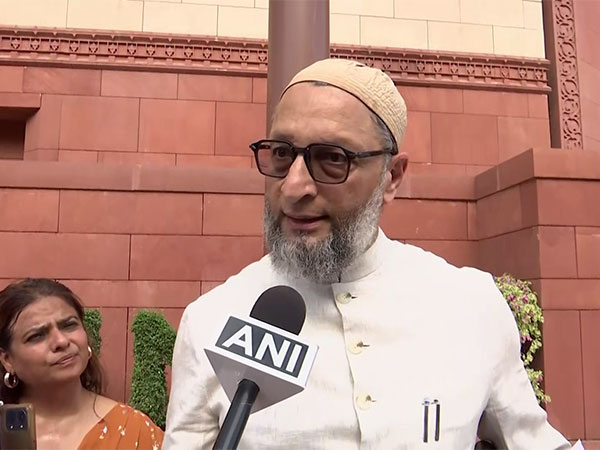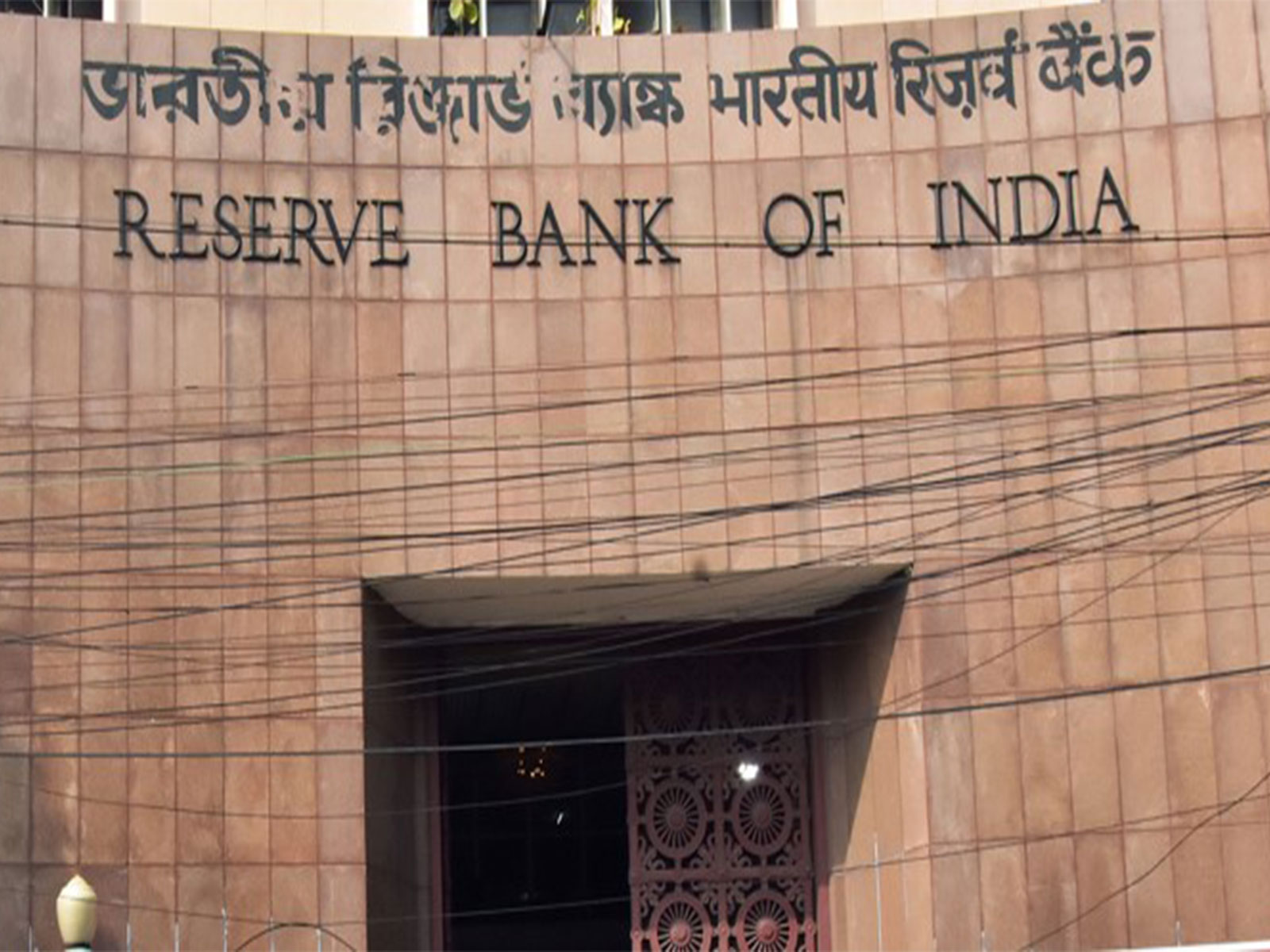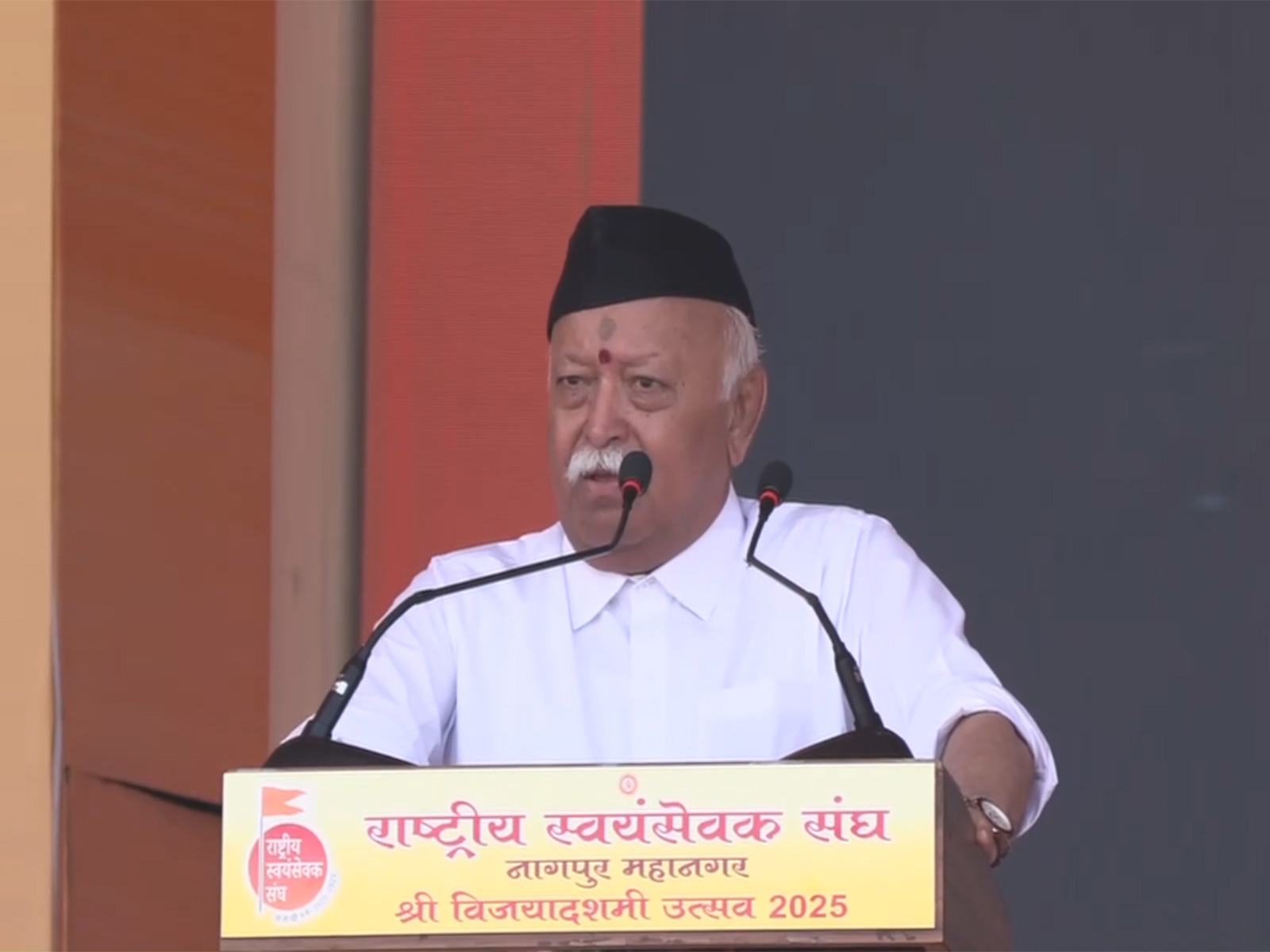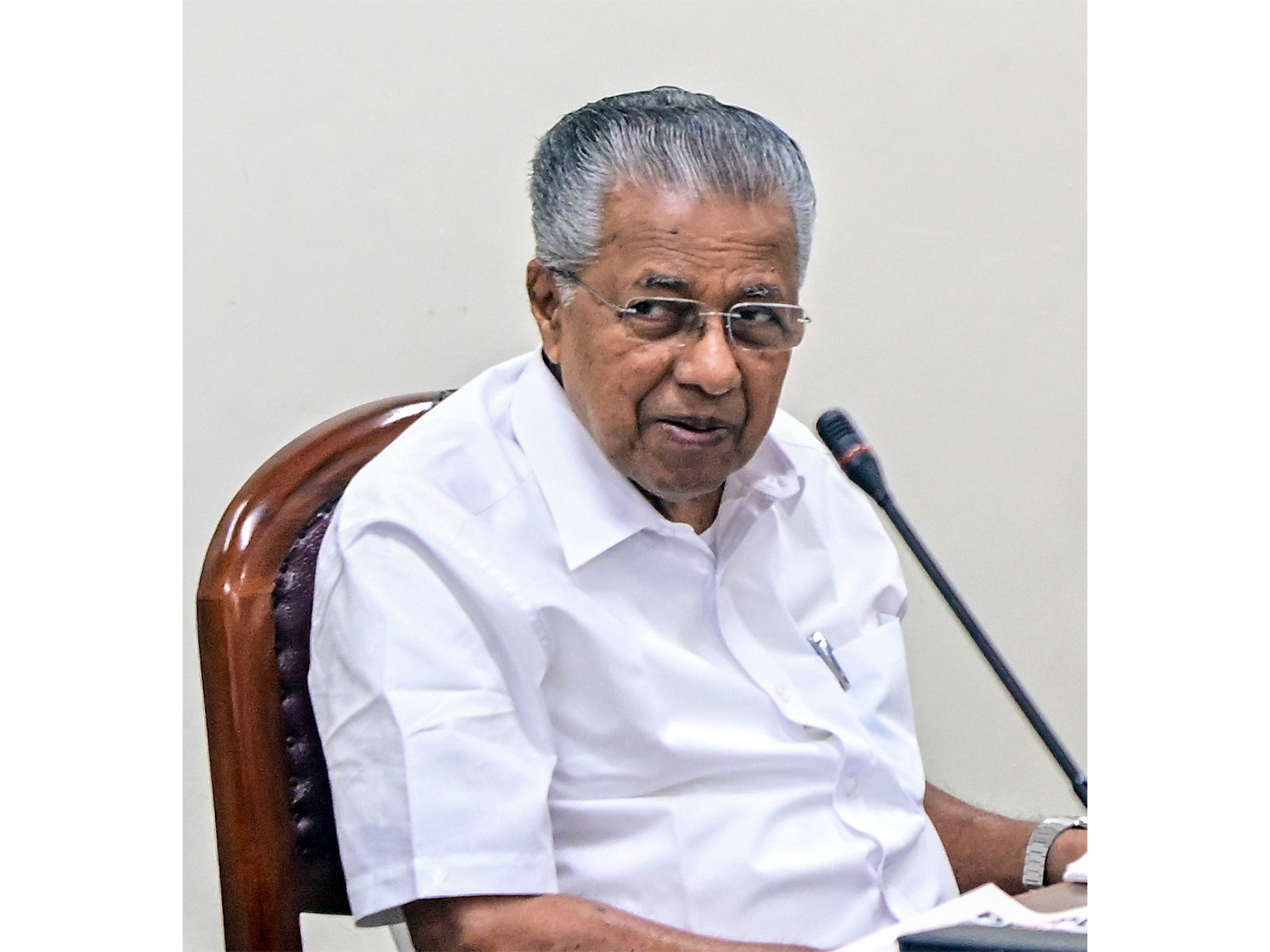New Delhi [India], August 8 (ANI): Launching scathing attacks on the Centre over the Waqf (Amendment) Bill, AIMIM Chief and Hyderabad MP, Asaduddin Owaisi said on Tuesday that there are a lot of dangerous sections and it is not legislation but something to bulldoze Waqf and finish Muslims.
“Before the introduction of the Bill, we had sent a notice to the Speaker – under Rule 72 – that we are against the introduction of this Bill. We believe that this Bill violates the principles of Articles 14, 15 and 25. This Bill violates the basic structure of the Constitution. It especially violates judicial independence and separations of powers. You want to snatch away the mosques that are being claimed by the RSS, snatch away the dargahs that are being claimed by right-wing Hindutva organisations. By removing the Waqf by User, you are asking them to bring the documents. If the 400-year-old document is not there, what changes will you make?” Owaisi asked.
“There are a lot of sections herein that are dangerous. They are not in favour of the Waqf Board but are instead trying to finish it off. All their arguments are false. This is not legislation but something to bulldoze Waqf and finish Muslims,” he added.
The AIMIM Chief also alleged that in the new amendment, the government is saying that only those Muslims who have accepted Islam for five years can do Waqf.
“This is a grave violation of freedom of religion. Who are you to decide whether someone is a Muslim or not?” Owaisi asked further.
Meanwhile, targeting the Opposition over “misleading Muslims” on the Waqf (Amendment) Bill, Union Minister of Minority Affairs Kiren Rijiju said on Tuesday that Muslim delegations approached him alleging mafia has taken over Waqf Boards and there is a need for amendments.
Speaking in the Lok Sabha, Rijiju said, “They (Opposition) are misleading Muslims. Till last night, Muslim delegations came to me. Many MPs have told me that the mafia has taken over Waqf boards. Some MPs have said that they support the bill but can’t say it due to their political parties. I will not take anyone’s name so that their political career is not ruined.”
He also asserted that the government has held multi-layered country-wide consultations on this bill.
The Union Minister also emphasized that the work of active consultation started after 2015.
He also introduced the Mussalman Wakf (Repeal) Bill, 2024 which seeks to repeal the Mussalman Wakf Act, 1923.
The Waqf (Amendment) Bill, 2024, Waqf Act provides for the renaming of the Waqf Act, 1995, as the Unified Waqf Management, Empowerment, Efficiency and Development Act, 1995.
It seeks to clearly define “waqf” as waqf by any person practising Islam for at least five years and having ownership of such property and ensure that the creation of Waqf-alal-aulad does not lead to the denial of inheritance rights to women.
It also seeks to omit the provisions relating to the “waqf by user”, provide the functions of the Survey Commissioner to the Collector or any other officer not below the rank of Deputy Collector duly nominated by the Collector for the survey of waqf properties, provide for a broad-based composition of the Central Waqf Council and the State Waqf Boards and ensure representation of Muslim women and non-Muslims.
According to the statement of objects and reasons, the bill seeks to provide for the establishment of a separate Board of Auqaf for Boharas and Aghakhanis.
It provides for the representation of Shia, Sunni, Bohra, Agakhani and other backward classes among Muslim communities, streamlining the manner of registration of waqfs through a central portal and database and providing for a detailed procedure for mutation as per revenue laws with due notice to all concerned before recording any property as waqf property.
The bill seeks to omit section 40 relating to the powers of Board to decide if a property is waqf property, provide for filing of accounts of waqf by mutawallis to the Board through a central portal for better control over their activities, reform the Tribunal structure with two members and provide for appeals against the orders of the Tribunal to the High Court within a specified period of ninety days.’ (ANI)
Disclaimer: This story is auto-generated from a syndicated feed of ANI; only the image & headline may have been reworked by News Services Division of World News Network Inc Ltd and Palghar News and Pune News and World News
HINDI, MARATHI, GUJARATI, TAMIL, TELUGU, BENGALI, KANNADA, ORIYA, PUNJABI, URDU, MALAYALAM
For more details and packages
















